For over 70 years, the United Way of New York City has been working to improve the lives of low-income New Yorkers. Originally based on a nonprofit membership model, the United Way has moved to a Community Impact model focusing on outcomes in the areas of Education, Income, Health, and Strengthening NYC Nonprofits.
The United Way’s strategy includes support for programs addressing today’s community needs while taking a program-to-policy approach that uses rigorous data collection and program analysis to test and prove ways of making progress on long-standing social problems that can be embedded into the way nonprofit and government service providers approach their work.
An growing part of all of the United Way’s work is a strong reliance on data to track program performance, make decisions, and prove effectiveness to influence the sector as a whole. The United Way started its Managing with Data initiative to develop the internal and external capacity, systems, and culture needed for this increased focus on data and results.
Impact Catalysts (through its predecessor firm, Root Cause) worked with the United Way of NYC to develop a cohort program for the United Way staff and select grantees to bring the frameworks and processes related to the Managing with Data initiative—organizational indicators by department, quarterly indicator reviews, monthly Managing with Data meetings, etc.—into the day-to-day work, thinking, and decision-making of the staff. We helped develop a plan to accomplish its goal of integrating data more fully into the organization’s work and culture by supporting United Way staff and partners in gaining a deeper understanding of how using data fits into the larger goals of the initiative. We supported United Way in achieving this through four main strategies: articulating the role of Managing with Data initiative in implementing United Way strategy; clarifying the relationship between Managing with Data and unit and individual objectives; using data to cultivate collaboration among partners, grantees, and staff; and developing the widespread capacity to use data to test, unpack, and reconfigure theories of change.

